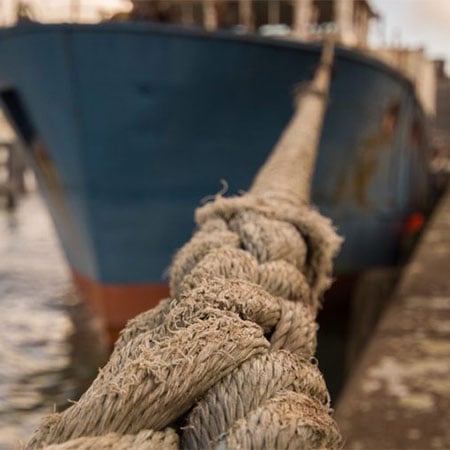

Seaworthiness is an important concept in general maritime and admiralty law. It is, in fact, an ancient idea that comes from common law principles—which means it has its origins back in the time before most people could read and write.
The general idea is that someone offering the use of his property has a duty to make sure what he provides is reasonably safe and reliable. In ancient times, that meant that someone loaning (or renting) a horse and cart to another person, for example, would need to take care that the horse was not lame, and that the horse was sturdy and unlikely to lose a wheel. The common law of the time said that, if horse and cart proved defective to the detriment of the person borrowing it, then the owner would have the obligation to compensate the borrower for his losses.
With the development of formal maritime law in later centuries, this principle evolved into the requirement of seaworthiness for vessels traveling on waterways. It was recognized that water travel poses special dangers that are constantly present. For this reason, the people who own ships and boats ought to be held to an even higher standard of safety than the person loaning a horse and cart. The owner of a vessel has a duty to make sure the vessel conforms to the safety requirements a very prudent person would demand, knowing the risks of sea travel.
What goes into deciding whether a vessel is seaworthy?
There is no definitive checklist that can tell you whether you are serving aboard or traveling on a seaworthy vessel. Hundreds of years of legal cases and argumentation by admiralty lawyers lead us to conclude that the total circumstances of how the vessel functions will determine seaworthiness in each particular case.
Of course, experts first look at physical characteristics. Most experts would agree that a seaworthy ship demonstrates:
- Stability
- Good handling in rough or choppy waters
- Buoyancy even when carrying a significant load
- Reliability its propulsion system
- Efficient water shedding
- Speed and agility appropriate for its size
- Solid construction able to withstand stress in heavy seas
- Fire resistance and suppression
- Appropriate and sufficient safety equipment for emergency situations
- No avoidable safety hazards
It’s not just the vessel’s physical characteristics and design, though, which determine whether a ship is seaworthy. A seaworthy vessel must be able to carry out its intended mission, and that means it needs to have appropriate personnel directing it—capable and knowledgeable officers and a well-trained, competent crew.
The legal consequences of unseaworthiness
If someone suffers a loss on a vessel because it is not seaworthy, the owner is liable for the loss under general maritime law. This rule has three implications that are worth highlighting:
- The vessel’s owner does not have to be directly at fault for causing an injury or loss. His responsibility is absolute: he need not even be aware of the hazard.
- The owner’s liability is separate from other compensation for an offshore injury. A seaman injured on the job, for instance, may be entitled to a recovery from his employer under the Jones Act. He would also be able to seek damages from the ship’s owner—not necessarily the same person—if an unseaworthy vessel was a factor in his injury. Even though the Jones Act does not protect passengers on a ship, they can seek compensation under an unseaworthiness claim.
- A seaworthiness claim doesn’t happen automatically. The injured party will have to demand compensation, generally by filing a lawsuit. The matter will be settled by an offshore injury settlement or damage award.
Unseaworthiness claims involve a complex and specialized area of the law, which few attorneys master. Our Houston-based maritime lawyers have extensive experience dealing with maritime claims and a proven record of success. Call us today at 877-724-7800 to schedule a free, confidential case review.

